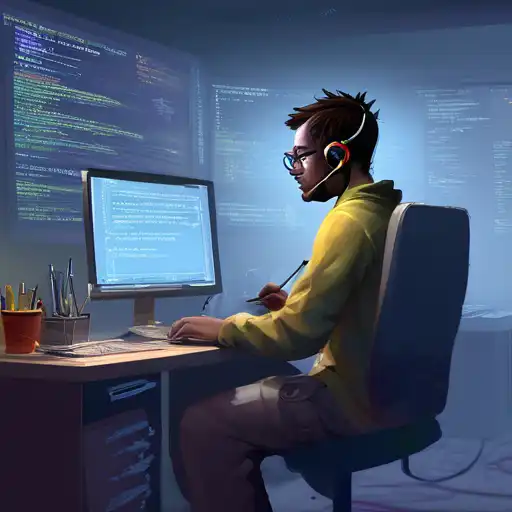Introduction to Debugging
Debugging is an essential skill for every programmer, especially for those just starting out. It involves identifying and resolving errors or bugs in your code that prevent it from running correctly. This article will provide you with essential debugging tips to help you become more efficient in solving coding problems.
Understand the Error Message
One of the first steps in debugging is to understand the error message. Compilers and interpreters provide error messages that can give you clues about what went wrong. Take the time to read these messages carefully, as they often point directly to the line of code where the error occurred.
Use a Debugger Tool
Debugger tools are invaluable for stepping through your code line by line. They allow you to inspect the values of variables at different points in your program's execution. Familiarize yourself with the debugger in your programming environment, as it can save you a lot of time.
Check Your Syntax
Syntax errors are common among new programmers. These can include missing semicolons, unmatched parentheses, or typos in variable names. Always double-check your code for these simple mistakes before moving on to more complex debugging strategies.
Break Down Your Code
If you're dealing with a complex bug, try breaking down your code into smaller, more manageable parts. Test each part individually to isolate the section where the error occurs. This method, known as divide and conquer, can simplify the debugging process.
Look for Common Patterns
Many bugs follow common patterns. For example, off-by-one errors in loops or incorrect variable scope. Recognizing these patterns can help you quickly identify and fix similar bugs in your code.
Ask for Help
Don't hesitate to ask for help when you're stuck. Online forums, such as Stack Overflow, are great resources where you can seek advice from more experienced programmers. Remember, every programmer has been in your shoes at some point.
Practice Makes Perfect
Debugging is a skill that improves with practice. The more you code and encounter bugs, the better you'll become at identifying and fixing them. Keep coding, and don't let the frustration of debugging discourage you.
Conclusion
Debugging is a critical part of programming that can be mastered with patience and practice. By understanding error messages, using debugger tools, checking syntax, breaking down code, recognizing common patterns, and seeking help when needed, you'll become more proficient at debugging. Remember, every bug you fix makes you a better programmer.
